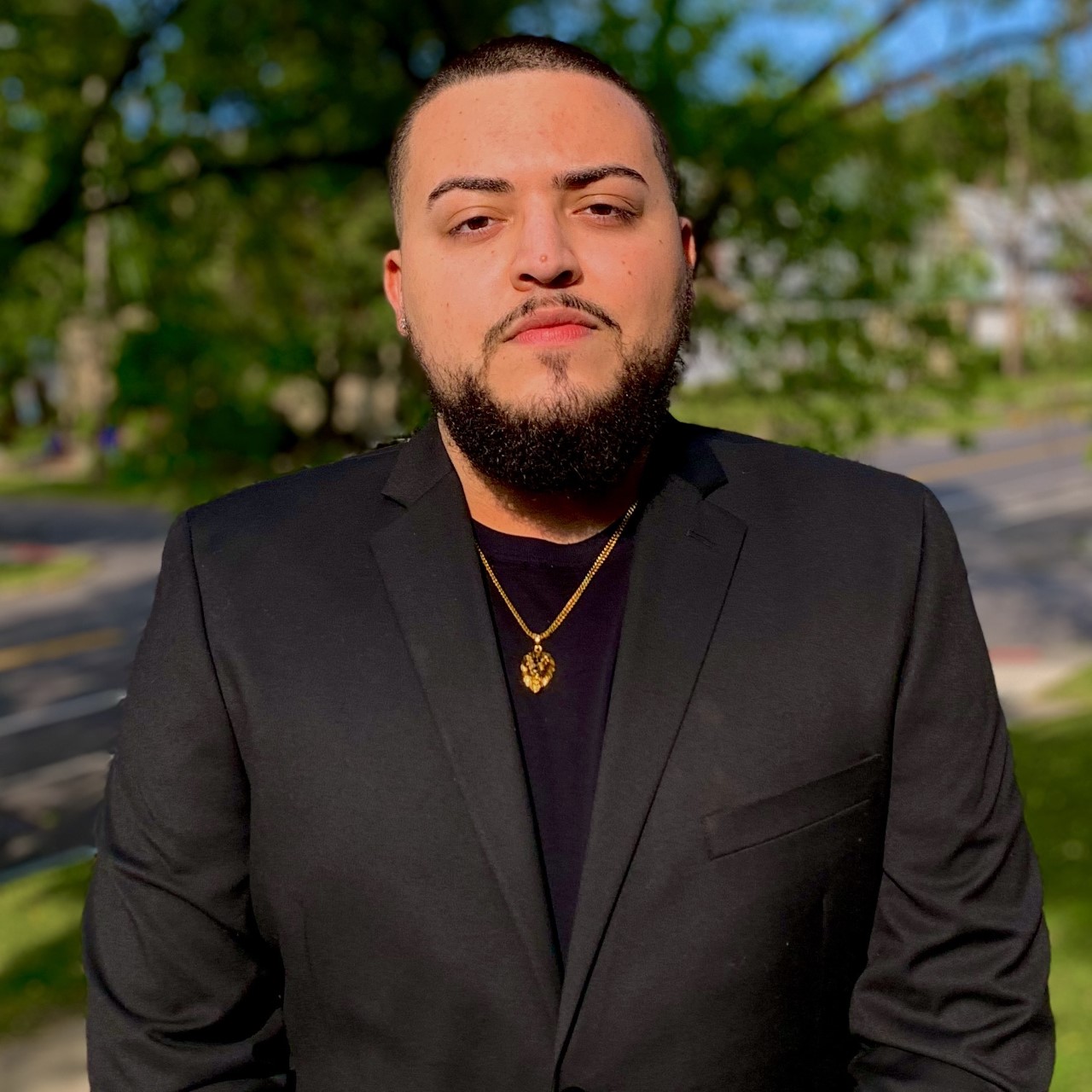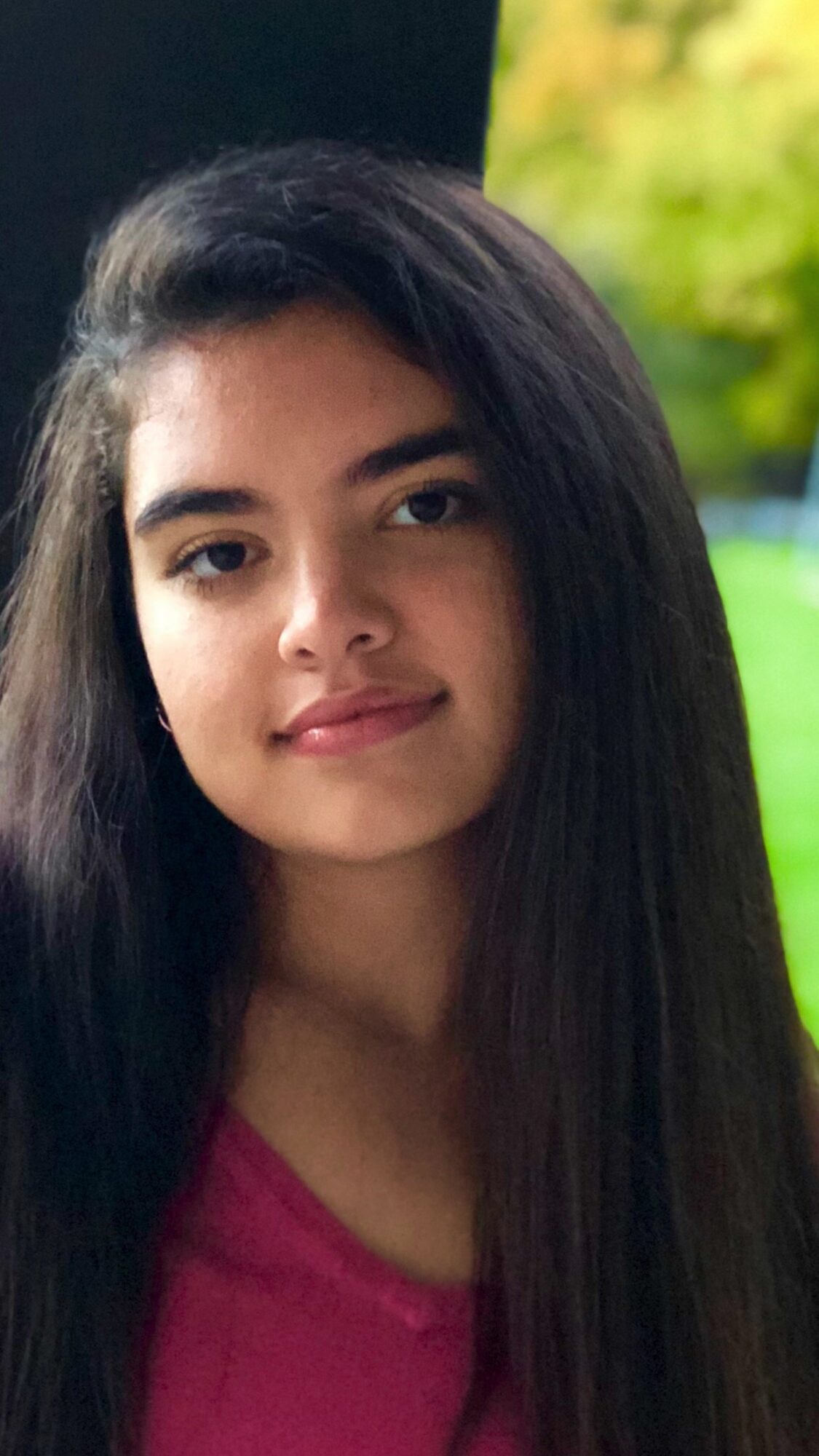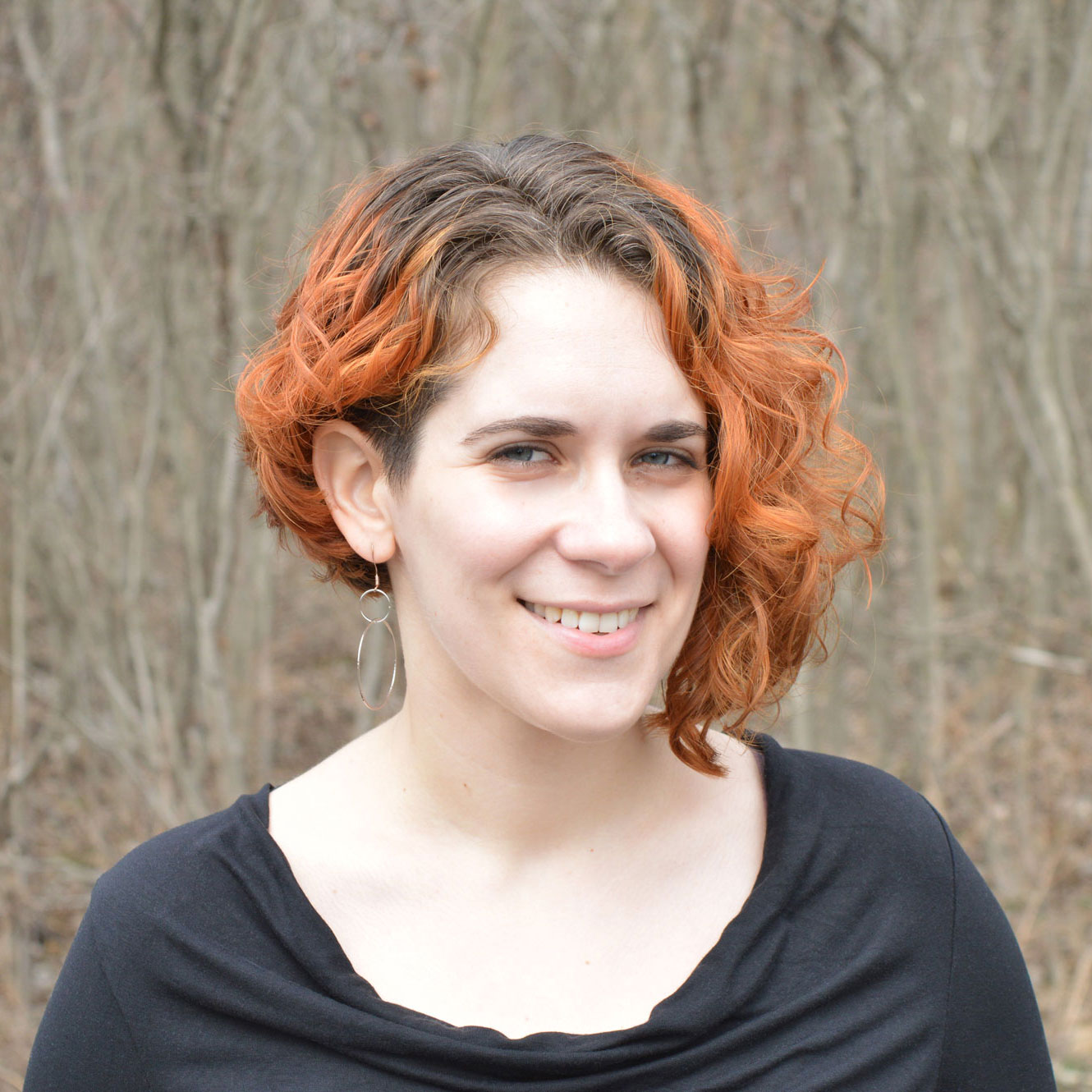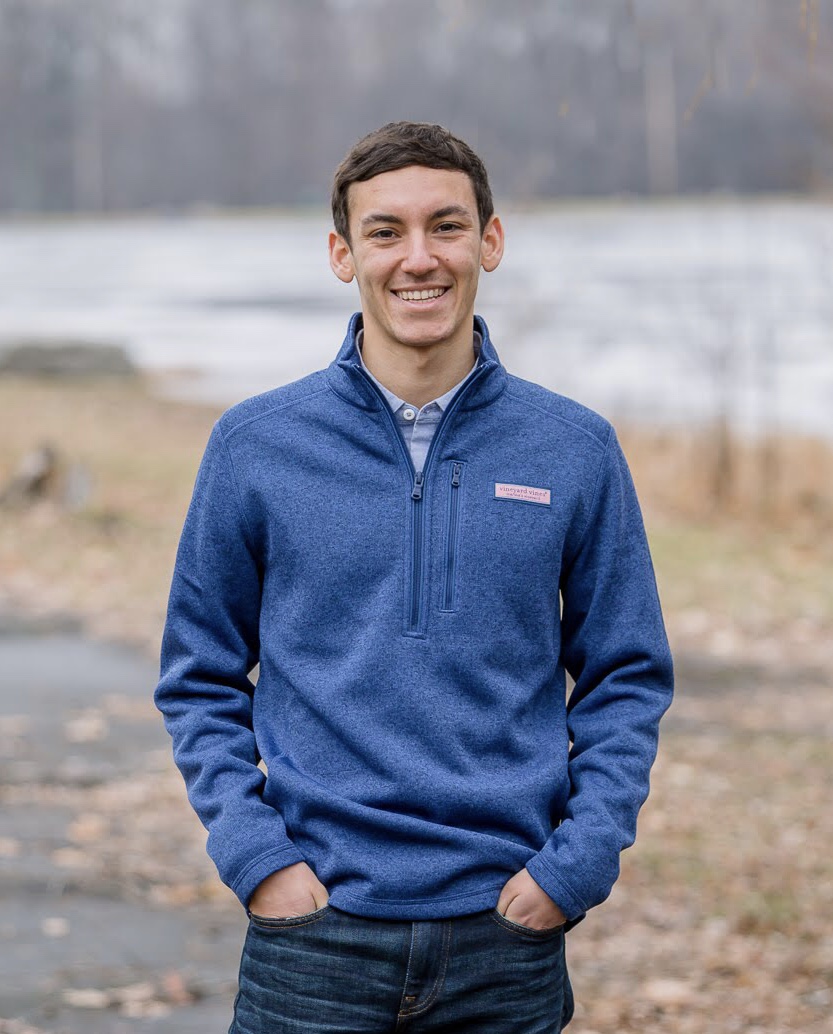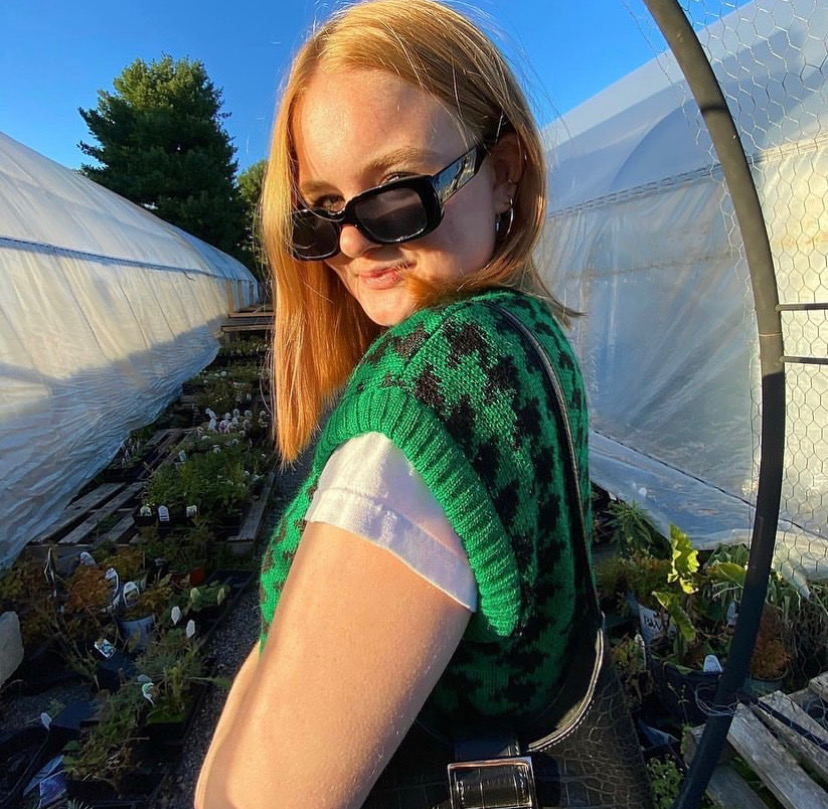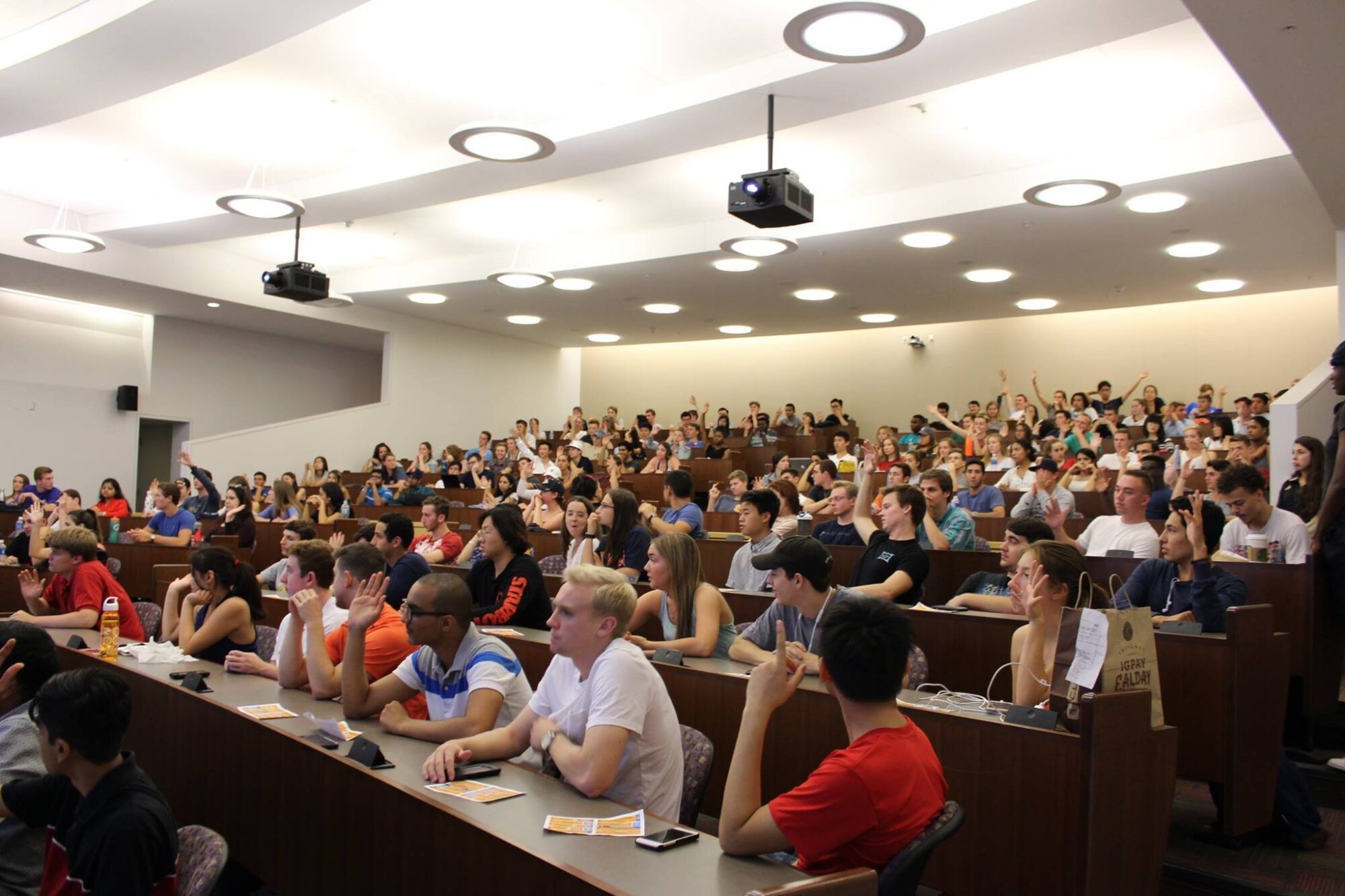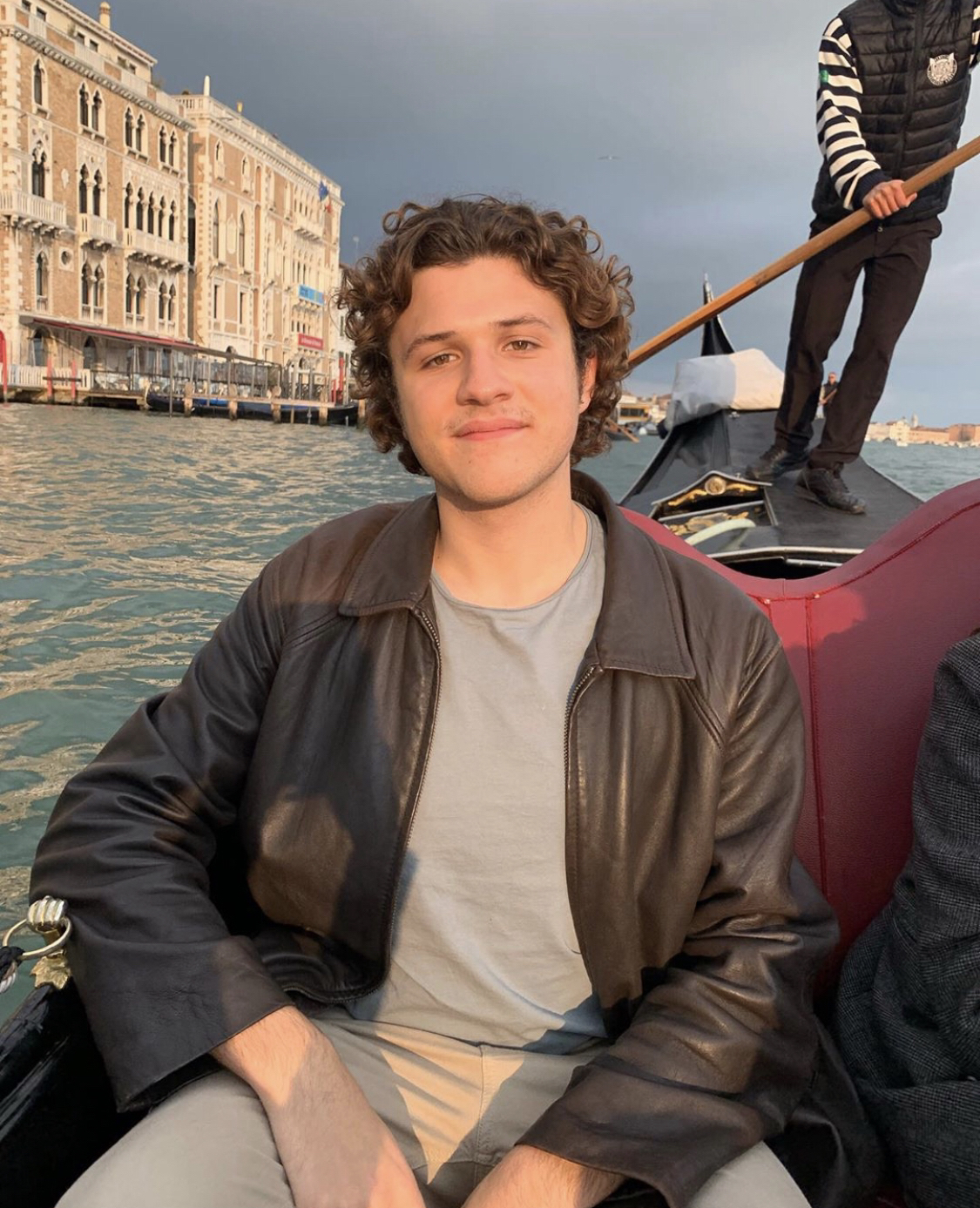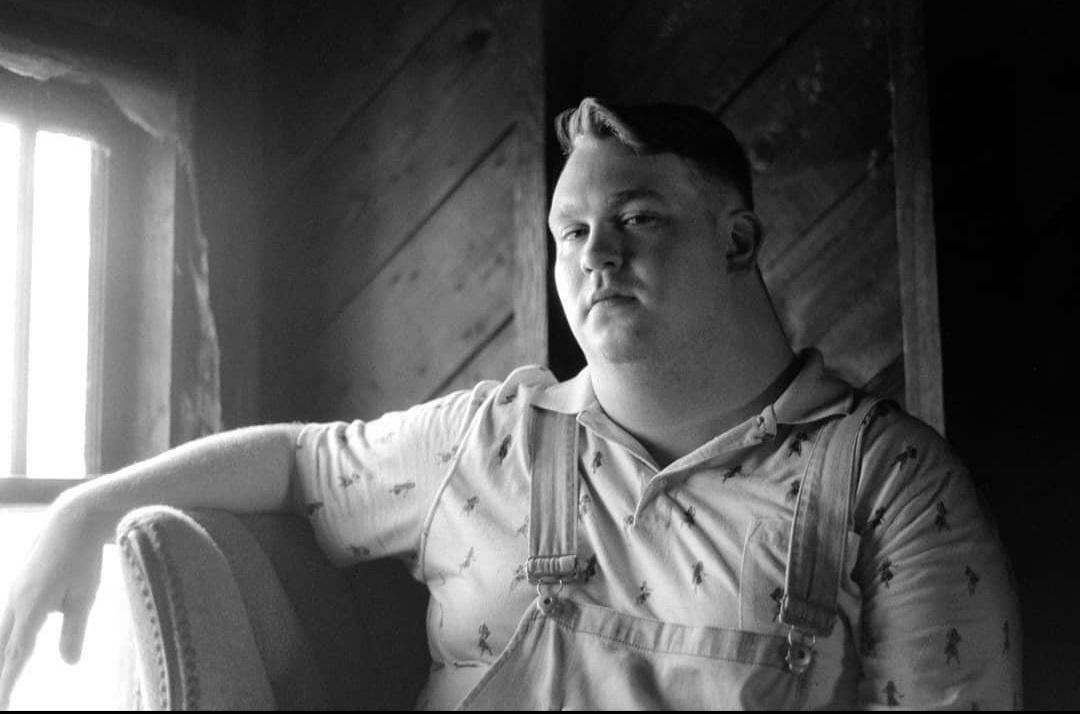
It’s no doubt that the COVID-19 pandemic has halted business operations across many sectors. With shutdowns of the Broadway stage, nightlife and nearly every performance space across the country, it has become incredibly difficult to land a position in the entertainment industry. Actors, actresses, drag queens and many other creative entrepreneurs have needed to be extra resourceful just to survive amidst this economic and public health crisis.
Pursuing his bachelor’s degree in English and sociology at Syracuse University’s College of Arts and Sciences, senior Trevor Miller was ready to launch the next phases of both his drag queen and acting careers before the world was sent into quarantine back in March 2020.
“I was preparing to send a short-film that I had been working on to a prestigious editor in NYC, and I was going to do a summer tour as Lizanga through a couple of different states,” says Miller. “And literally all on the same day, everything was cancelled.”
Miller started performing back in 2017 when he debuted as Lizanga at the SU Drag Preliminaries. After sweeping that round of the competition with ease, Miller went on to win the final round, a moment in which he recalls “literally collapsing.”
“Unlike any other year, they didn’t announce a runner-up, and so I thought I won runner-up when I was the first name called. I got to the end of the runway and someone from the balcony yelled ‘girl, you won,’” recounts Miller, who had the opportunity to meet famous drag queens Trixie Mattel and Milk while they hosted the event.
From his gaudy and whimsical performances as Lizanga, inspired by Hairspray’s iconic Edna Turnblad, Miller found immense passion for the performing arts and the self-expression that comes with it.

With innate curiosity pumping through his veins, he then auditioned for many films in hopes of gaining a different kind of acting experience. He landed the starring role in psycho-thriller “Daddy Knows Best,” a new film by LaunchPad alumni film production company 410 Pictures. Entering the 2021 Film Festival Circuit, the film explores the twisted world of Johnny Peters’ masculine psyche.

Founded by Syracuse VPA alumni Peter Hartsock ’19 and Daniel Simoni ‘19, 410 Pictures “is one of the most welcoming production companies that I have ever been a part of,” shares Miller, who has previously struggled with landing roles on sets with predominantly straight white male casting crews.
“Whenever I go into an audition, no matter what I’ve prepared, I’m always walking in with the worry on my shoulders of how I look in my clothes, how people are seeing me and how I am presenting myself to them,” says Miller, who came out as gay back in 2010.
Initially receiving little to no acceptance of his sexuality from family and friends, Miller is very familiar with the negative social stigmas placed on LGBTQ+ individuals, all of which prevent substantial and truthful queer representation from existing in media to this day.
Luckily, 410 Pictures wants to change that narrative by lending its platform to champion diversity in all respects.
“From the minute I met Peter, he acknowledged my queerness and worked with it, unlike any other director I’ve encountered in the past” says Miller, bringing his drag queen persona to every scene on set. In fact, his drag queen persona is one of three key components to his acting formula.
“When I act, I give a piece of myself (actual Trevor), a piece of Lizanga in the dramatization of how I would normally do drag, and then a piece of what I think the director wants, and I put that all together cohesively,” he says. Lizanga most certainly shines through in every piece of his work.
After reflecting on his drag persona’s larger-than-life personality and trademark characteristics, Miller was enthusiastic to share that “she fills the void of literally everything that I am not in my daily life. She’s so unafraid.”
Although there are still challenges, Miller feels fortunate to be living in a time when drag has never been more socially accepted. “When I first came out in 2010, drag was still underground. It was something that when you spoke about it, straight people would be confused. And now it’s on billboards across multiple states,” says Miller, whose career would not be the same without the brilliant femininity of his drag identity.
With an Instagram platform followed by more than 1,500 people, Miller has made it his mission to be a source of light and love for everyone currently struggling in life.
“I just want to be the person that I needed when I came out of the closet,” he says, and he most certainly will be with his unapologetic confidence as both an entertainer and individual.
Story by Christopher Appello ’21, Blackstone Global Fellow, advertising major, S.I. Newhouse School of Public Communications; artwork and photo supplied


